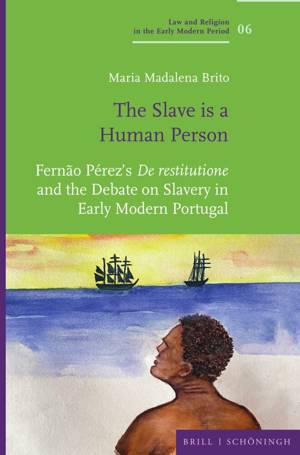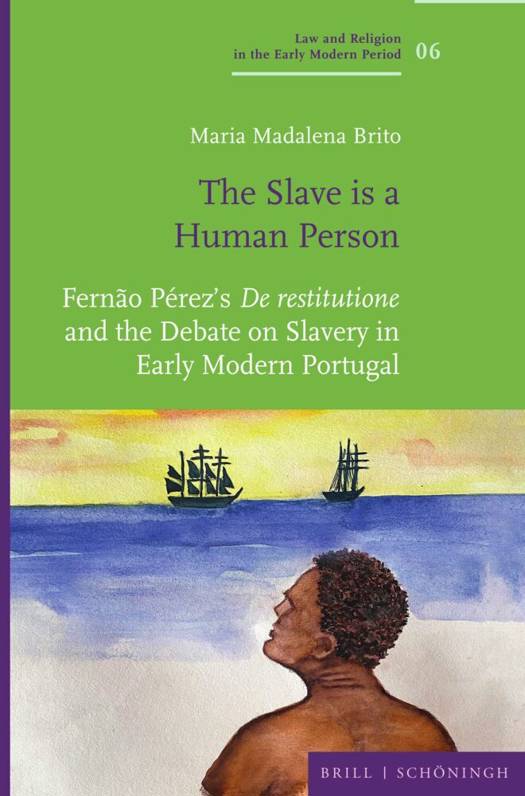
Je cadeautjes zeker op tijd in huis hebben voor de feestdagen? Kom langs in onze winkels en vind het perfecte geschenk!
- Afhalen na 1 uur in een winkel met voorraad
- Gratis thuislevering in België vanaf € 30
- Ruim aanbod met 7 miljoen producten
Je cadeautjes zeker op tijd in huis hebben voor de feestdagen? Kom langs in onze winkels en vind het perfecte geschenk!
- Afhalen na 1 uur in een winkel met voorraad
- Gratis thuislevering in België vanaf € 30
- Ruim aanbod met 7 miljoen producten
Zoeken
'The Slave Is a Human Person'
Fernao Perez's 'de Restitutione' and the Debate on Slavery in Early Modern Portugal
Maria Madalena Brito
Hardcover | Engels | Law and Religion in the Early Modern Period / Recht und Religion in der Frühen Neuzeit | nr. 6
€ 244,45
+ 488 punten
Omschrijving
With the edition, translation and study of a 16th moral theology treatise, Maria Madalena Brito shows how this discipline was the area par excellence for critical debate on slavery in Portugal at this time. This was substantial in comparison with what occurred in other areas of Portuguese culture. Any questioning of slavery then involved enormous theoretical and practical complexity as there was a conflict between what was ideal at the level of conscience and what was felt at the time as a condition for the economic prosperity of an entire empire. Neither Fernao Perez nor other Professors in Portugal condemned slavery in absolute terms. However, Perez and other theologians approached sensitive subjects, suggesting the limitation of slave trade, denouncing situations of injustice and violence towards the slave, demanding restitution of freedom to slaves who were not so by just title. They stressed the humanity of the slave based on their Christian conscience and on classical principles of natural law.
Specificaties
Betrokkenen
- Auteur(s):
- Uitgeverij:
Inhoud
- Aantal bladzijden:
- 389
- Taal:
- Engels
- Reeks:
- Reeksnummer:
- nr. 6
Eigenschappen
- Productcode (EAN):
- 9783506794864
- Verschijningsdatum:
- 1/05/2024
- Uitvoering:
- Hardcover
- Formaat:
- Genaaid
- Afmetingen:
- 160 mm x 30 mm
- Gewicht:
- 1859 g

Alleen bij Standaard Boekhandel
+ 488 punten op je klantenkaart van Standaard Boekhandel
Beoordelingen
We publiceren alleen reviews die voldoen aan de voorwaarden voor reviews. Bekijk onze voorwaarden voor reviews.









